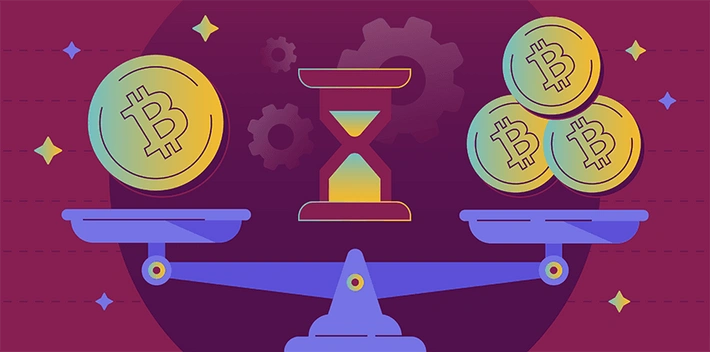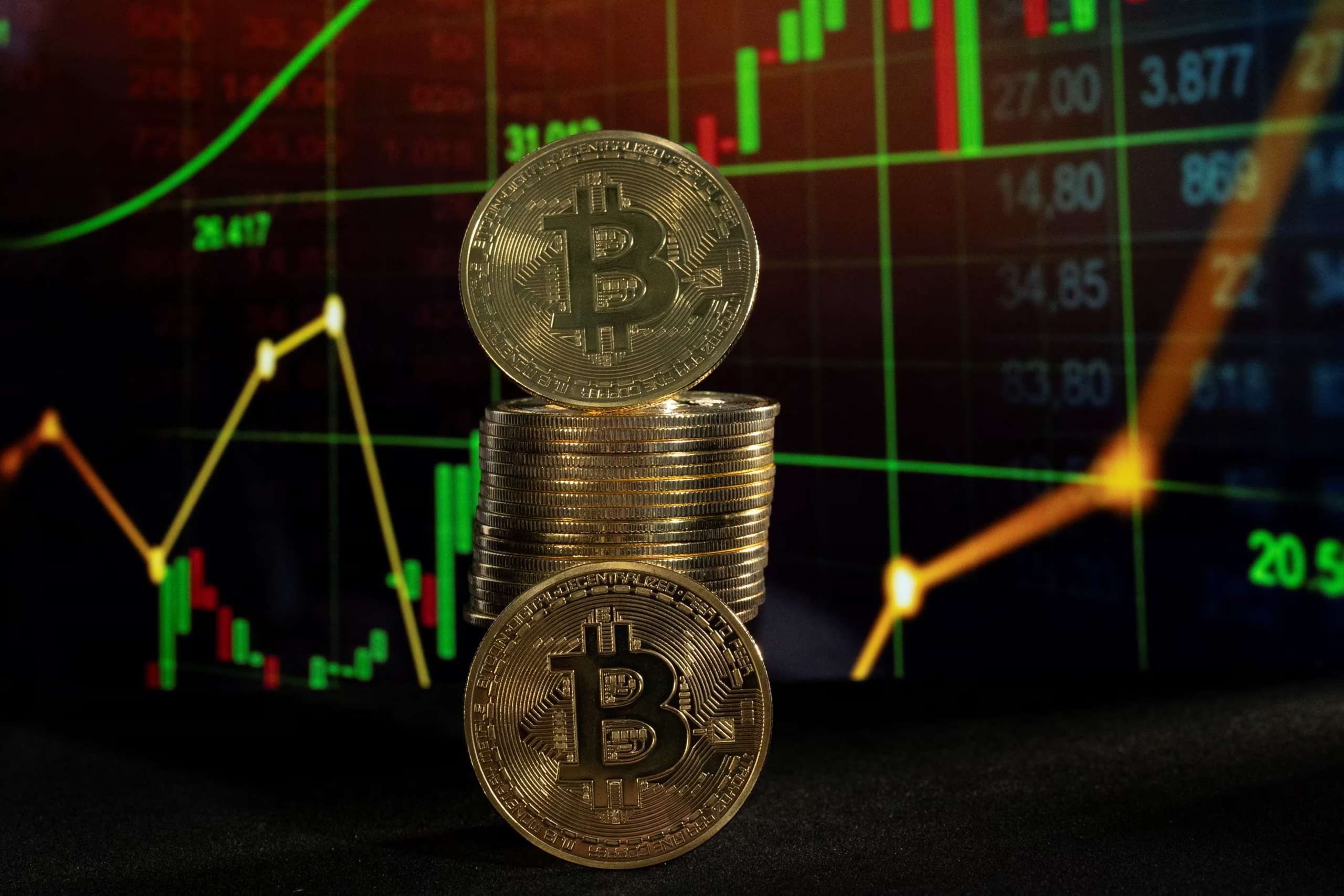Understand What Crypto Liquidation Really Means
Crypto liquidation is what happens when your account can’t hold up against your open position losses—especially when trading with leverage. In plain terms, the exchange takes control, selling your assets to cover the losses before things spiral.
This is not a glitch—it’s the system working as designed. But just because it’s common doesn’t mean it’s unavoidable. Below is a step-by-step look at how to reduce your chances of getting liquidated and protect your portfolio.
Step 1: Know the Crypto Liquidation Trigger
Before you even open a trade, understand what causes liquidation. Your position will be liquidated when your margin ratio falls below the required maintenance level.
Different platforms have different rules—but they all monitor this closely. The key is to never let your collateral dip too low relative to your borrowed amount.

Step 2: Choose Reasonable Leverage
That 50x leverage trade may look enticing—but it’s usually the fastest road to liquidation. Lower leverage gives you more wiggle room when prices move against you.
A good rule of thumb? Stick to 2x to 5x leverage, especially in volatile markets. You don’t need to max out your risk to make consistent gains.

Step 3: Use Stop-Losses Like a Pro
This is your first line of defense. Stop-losses let you set a price where your position will close automatically if things turn south. Don’t wait for the platform to decide—it’s better to take a small loss than lose it all.
Many traders skip this step thinking they’ll “watch the market.” Reality? Most don’t react in time.

Step 4: Monitor Your Margin Ratio
Out of sight, out of mind? Not here. Keep a constant eye on your margin ratio. If it’s slipping, act early—either close part of your position or add more collateral.
You can also set alerts on many platforms to notify you if your ratio drops below a certain level. Take advantage of those tools. They exist for a reason.

Step 5: Understand the Platform’s Liquidation Rules
Every exchange has its own liquidation process. Some use insurance funds, some auto-deleverage, others don’t even send warnings. Knowing the platform’s liquidation mechanics is non-negotiable.
Read the fine print before you trade. Look into isolated vs cross margin, how funding fees are charged, and whether liquidation happens all at once or in parts.
Step 6: Don’t Ignore Fees and Funding Rates
Here’s the silent killer: ongoing costs. Funding fees and trading costs can drain your margin without you noticing.
If you’re holding positions for hours or days, those tiny fees add up. That means less buffer if the market turns—and a higher chance of triggering liquidation.
Step 7: Review Positions Regularly
Don’t set and forget. Treat your open trades like live wires. Markets move quickly, especially in crypto. It’s not unusual for a stable trend to reverse in minutes.
Build the habit of checking in on your trades, adjusting stop-losses, and rebalancing your leverage every few hours—especially during high volatility periods.
Common Mistakes That Lead to Crypto Liquidation
Let’s run through the top missteps. Overconfidence is a liquidation magnet. Thinking you “know” where the market’s headed often leads to overleveraging.
Other common issues? Not having a plan, trading during low liquidity hours, ignoring market news, and—let’s be honest—just not paying attention.

Final Tips to Stay Ahead of Crypto Liquidation
At the end of the day, avoiding liquidation is about consistency, not genius. Discipline beats prediction every time.
Stick to a trading plan. Use smaller positions. Don’t go “all in” unless you’re prepared for the worst. Remember, your job isn’t just to make money—it’s to survive long enough to make it.

Conclusion: Keep Liquidation from Controlling Your Trades
Crypto liquidation doesn’t mean you’re a bad trader—it means you need better risk management. Respect the process, and the market will reward your caution.
Crypto moves fast, but preparation moves faster. Know your triggers, limit your leverage, and always—always—protect your margin. Because in this game, your worst day can come without warning.
Relevant news: here




